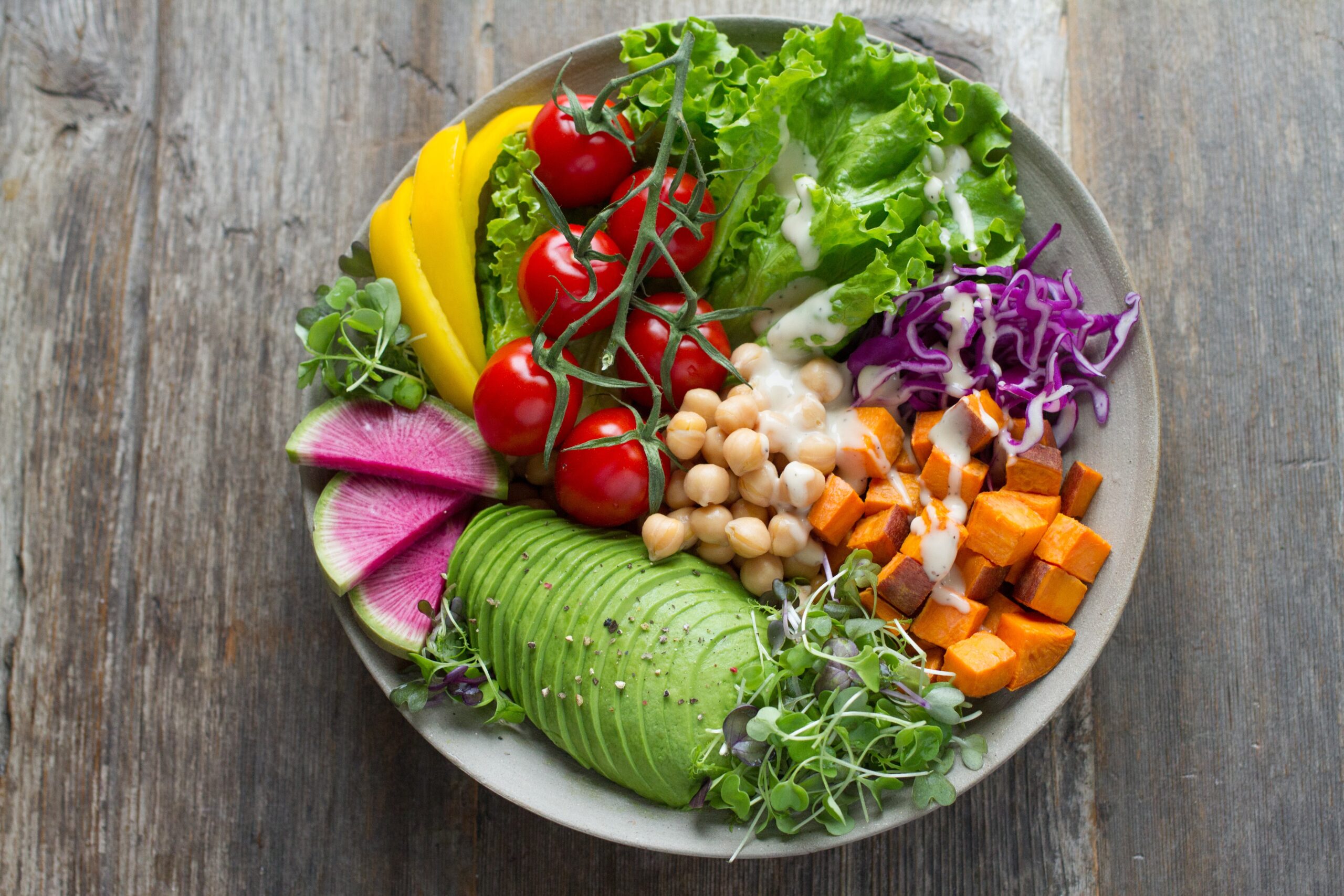A healthy diet plays a crucial role in maintaining our overall well-being. It provides the necessary nutrients, vitamins, and minerals that our bodies need to function properly. By making conscious choices about what we eat, we can improve our physical and mental health, boost our energy levels, and reduce the risk of chronic diseases.
One of the key components of a healthy diet is a balance of different food groups. This includes fruits, vegetables, whole grains, lean proteins, and healthy fats. Each food group offers unique benefits and contributes to our overall nutrition. Fruits and vegetables are rich in vitamins and antioxidants, while whole grains provide fiber and essential nutrients. Lean proteins, such as chicken, fish, and legumes, help build and repair body tissues, and healthy fats, like avocados and nuts, support brain function and heart health.
Another important aspect of a healthy diet is portion control. It’s not just about what we eat, but also how much we eat. Overeating can lead to weight gain and increase the risk of obesity-related diseases. By practicing portion control, we can ensure that we are consuming the right amount of calories for our body’s needs.
In addition to choosing the right foods and controlling portions, it’s also important to stay hydrated. Drinking an adequate amount of water helps maintain proper bodily functions, aids digestion, and keeps our skin healthy.
Lastly, a healthy diet is not just about physical health, but also mental well-being. Certain foods, such as those rich in omega-3 fatty acids, have been shown to improve mood and reduce the risk of depression. Eating a variety of nutritious foods can also enhance brain function and improve cognitive abilities.
In conclusion, adopting a healthy diet is essential for our overall well-being. By making mindful choices about what we eat, controlling portions, staying hydrated, and considering the impact on our mental health, we can optimize our nutrition and lead a healthier and happier life.

